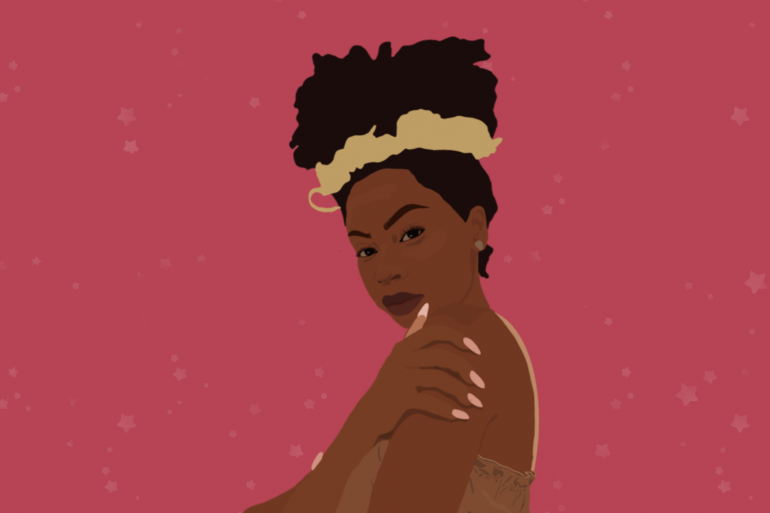For better or worse, Afrocentric features have been overwhelmingly trendy in recent times. Whether it’s being discussed in the context of cultural appropriation vs cultural appreciation— the latter of the two being laughable considering how unrelenting the stigmas held against black people doing anything outside the white gaze are—there is no denying that black people, especially women, have and always will continue to shape the beauty industry.
When it comes to prominent black people in beauty, the most notable figures are Madam C.J. Walker, of lye relaxer, “creamy crack,” hair straightening fame and a gaggle of celebrity makeup artists like Pat McGrath and Sir John.
However, Madam C.J. Walker reached the apex of her career in the 1910s; McGrath and Sir John have only become household names in beauty within the last twenty years. So, what’s happened in that lengthy interim between such heavyweight beauty contributors? And more importantly, what’s the trajectory of black beauty going forward?
Simply put, in the years between Madam C.J. Walker and black makeup artists from the twenty-first century, black people have gradually gained autonomy in how they choose to present themselves. They’ve shirked the one-size-fits-all approach to beauty that worked in Hollywood and trickled down to the masses.
As for the future of black beauty, look no further then social media platforms, such as YouTube and Instagram, just to see how extensive and pervasive the reach of the black beauty aesthetic actually is. For example, one beauty trend, overlined lips, is arguably an attempt to mimic the naturally occurring full lips that many people of African descent have.
It doesn’t stop there at mimicry; years of not being catered to have spawned unorthodox but effective techniques like mixing three or four foundations to achieve our custom shade of brown. Some budding black social media influencers like Nyma Tang and Kennie J.D. take a no-nonsense, do-what-works approach to makeup and hair that not only is visually pleasing but encapsulates their personalities and reinforces the fact that black women are not a monolith, and that beauty is just another avenue for self-expression.
Bottom line: the two biggest things black women have contributed to the beauty industry is their unwillingness to settle for subpar, exclusive products and their propensity to come up with uncommon solutions to all their beauty concerns. It’s anyone’s guess as to just how long black beauty will be trendy for non-black beauty enthusiasts, but it’s also safe to say that the layers of authenticity and story-telling embedded within the black psyche concerning what constitutes beauty will continue to allure every person that encounters it.
Words by Melody Uboh
Graphic by Victoria Thomas

